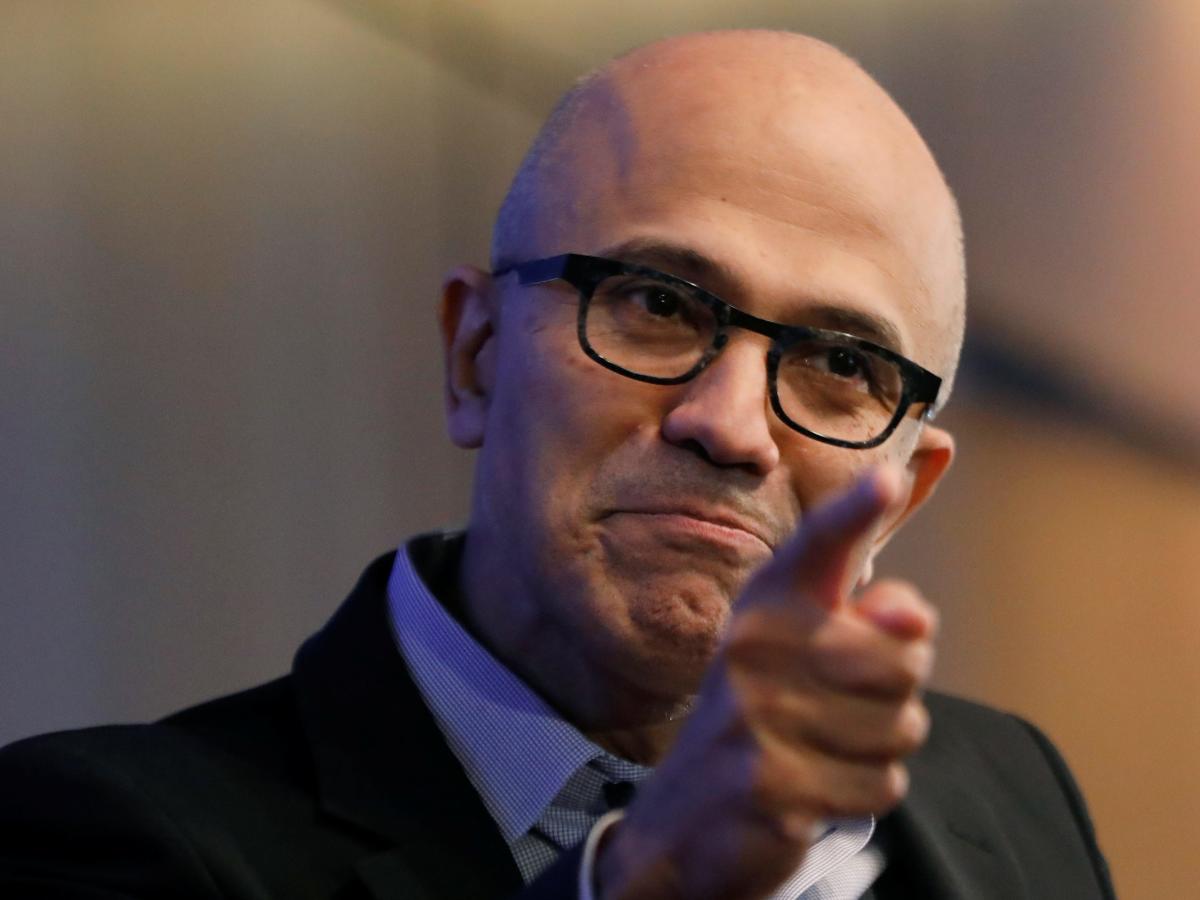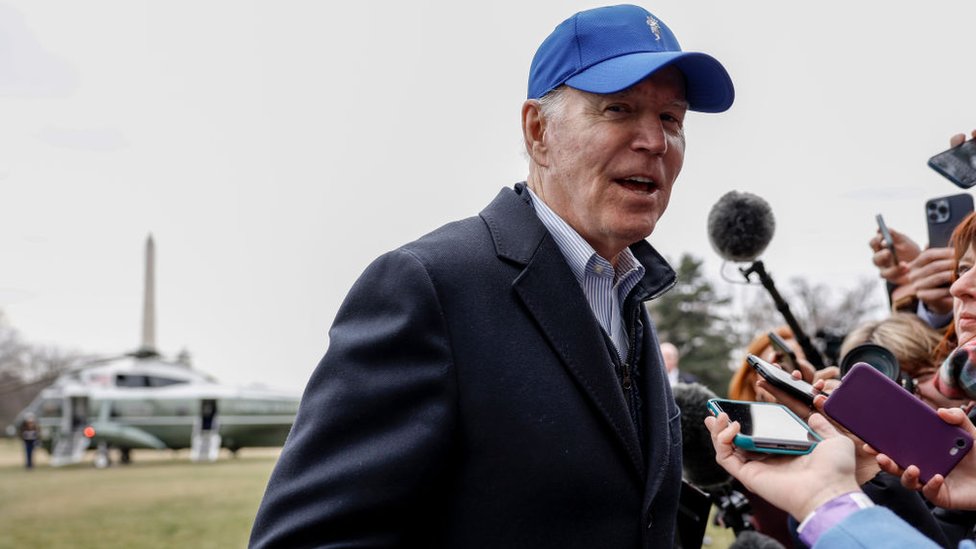Microsoft is Giving Google a Much-Needed Wake-Up Call
Microsoft’s Satya Nadella fires a warning shot at Google’s bow with the company’s investment in OpenAI – and its use in the Bing search engine. REUTERS:Shannon Stapleton
-
Microsoft has announced an OpenAI-powered Bing update that brings some much-needed innovations to search.
-
Victory or defeat, Microsoft gives Google the kick in the butt it needs.
-
Competition is ultimately good for consumers, but AI still has a long way to go.
Needless to say, over the years it has become increasingly difficult to find what you are looking for on the web using Google. The desired result always seems to be buried under and between ads, or lost in the mix with all the other often irrelevant information that Google is trying to throw at you.
And yet, Google has never really challenged its search engine empire. For years, Microsoft’s Bing has held its ground as the consistent but distant second-place search engine — despite the tech titan’s best efforts. Remember the ill-fated “Scroogled” campaign? Me too.
Now, the rapid rise of OpenAI’s ChatGPT chatbot has presented a potentially unique opportunity to actually rethink search after literally decades of Google setting the pace. On Tuesday, Microsoft announced the first real fruits of its partnership with OpenAI, bringing Bing a nifty natural language search option that opens up some neat new possibilities.
“Search has stayed the same since the last big twist,” Microsoft Corporate VP Yusuf Mehdi said at the event where the update was announced, adding that “the user experience is the same as it was 20 years ago.”
Ask this new Bing a question like “Make me an itinerary for three days in Rome,” and it’ll come back with one almost immediately. Ask it to summarize each page of a document and it will return some useful notes. The possibilities are limitless by definition. It reflects well on Microsoft CEO Satya Nadella, who has been widely praised for adapting to OpenAI so early and progressing so quickly with integration.
What’s not clear is whether Microsoft will end up being the company leading the charge by disrupting search engine technology. Google is rapidly bringing AI into its own lineup, which means Microsoft has a narrow window to grab as much market share as possible before the competition catches up.
At the same time, this is a textbook example of how competition can be good for consumers. Even if all of this isn’t going the way Microsoft would like and Bing will never be the first search engine, this whole moment in tech history was the quick kick in the rear it took Google to get it to act together and put something new on the bring table.
Change has been a long time coming
That alone should be counted as a major victory not just for Microsoft but for the industry as a whole – a rare moment when the recognized industry leader has been caught off guard by a relative newcomer like OpenAI.
However, disruption comes at a price. Search engine advertising, as developed by Google and distributed across its various businesses, is the revenue model that powers much of the web. As the way we search changes, so does Google’s (and Microsoft’s) ability to show the ads that keep the lights on. We may not be looking at as many display ads, but there will be something to replace them.
There are also more insidious costs. ChatGPT has a well-documented tendency to say things that are misleading, dangerous, or downright wrong. In the words of author Hank Green, this whole thing will “drive the cost of bullshit to zero,” especially as shady actors try to play AI the same way they played search engine results. If users are to trust everything the chatbots say, more work needs to be done on security.
Ultimately, though, I think Microsoft and OpenAI deserve their fair share of credit for actually bringing change to a segment of the industry that is notoriously reluctant to do so.
Read the original article on Business Insider
Don’t miss interesting posts on Famousbio










